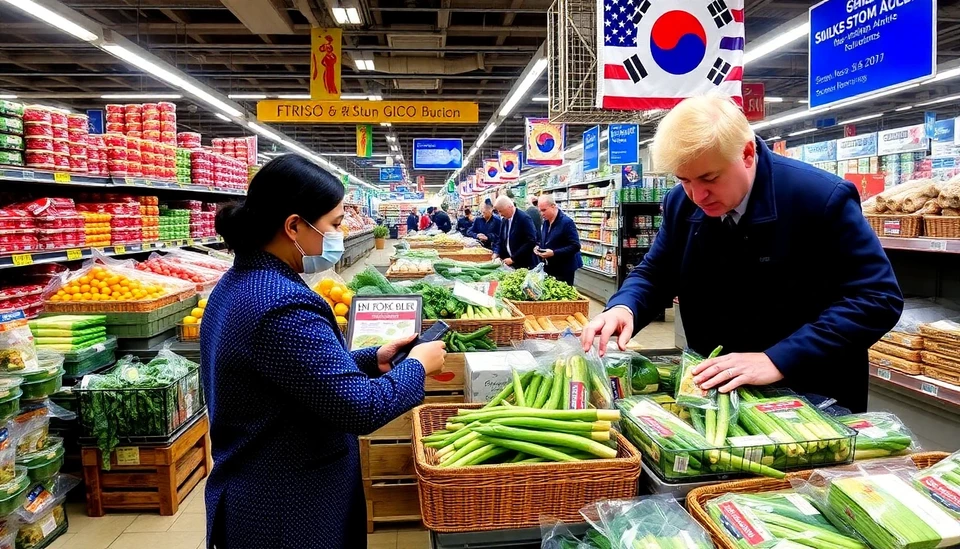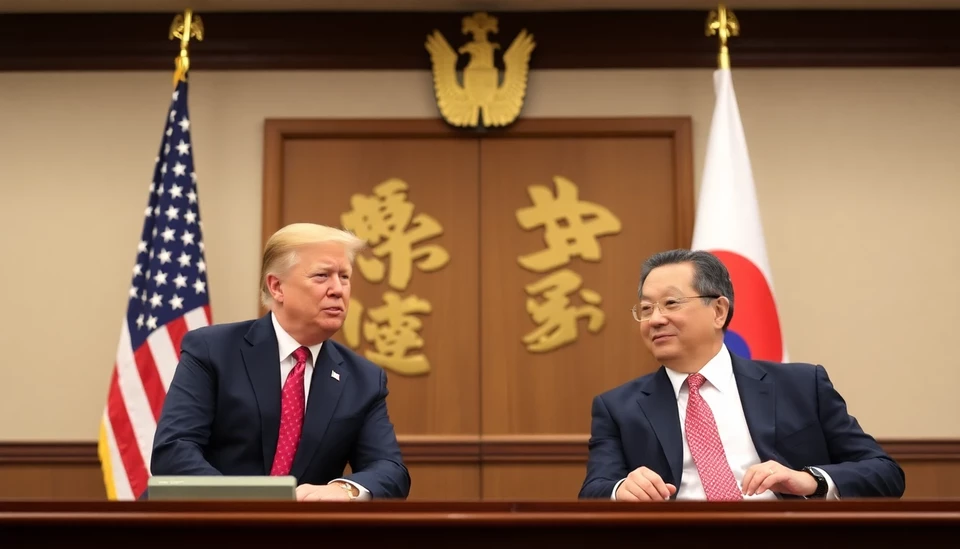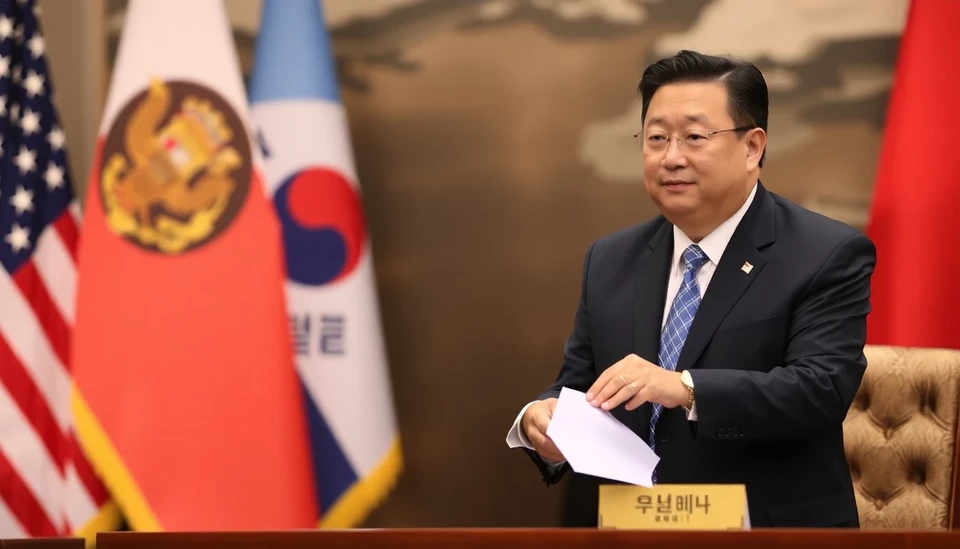
In a strategic move aimed at maintaining diplomatic relations with the United States, South Korea is reportedly contemplating a significant increase in food imports from the U.S. This potential policy shift comes as a response to pressures from the Trump administration, which has consistently demanded enhanced agricultural trade agreements in order to address the ongoing trade imbalances between the two nations.
The discussions have been reignited following recent trade negotiations, where the U.S. administration expressed dissatisfaction with the current volume of agricultural exports from the United States to South Korea. The South Korean government is now actively exploring options to amplify these imports as a means to appease U.S. demands and bolster economic ties.
Trade experts suggest that the expanded imports could include a variety of U.S. agricultural products, ranging from beef and pork to crops such as corn and soybeans. Given the substantial agricultural output in the U.S., this could pave the way for a noteworthy shift in South Korea's import policies if finalized.
Additionally, insiders from the South Korean agriculture sector have indicated that increasing U.S. food imports could help enhance food security and diversify the nation’s food supply chains. However, there are concerns among domestic farmers regarding the impact of such imports on local agriculture, which could face challenges from heightened competition.
This move is particularly critical in the context of the ongoing tariffs and trade tensions globally, as South Korea seeks to align its trade policies with the complexities of international relations and economic strategies. The government is also cautious of backlash from its domestic agricultural lobby, which may resist changes that could undercut their market share.
As both countries navigate this intricate web of trade relations, the ultimate decision regarding the increase in food imports will not only influence the agricultural landscape but also serve as a litmus test for South Korea's willingness to heed U.S. calls for trade enhancements.
In conclusion, while South Korea's potential increase in U.S. food imports may placate the Trump administration, it reflects a balancing act between meeting foreign demands and safeguarding domestic agricultural interests. Observers will be keenly watching how negotiations evolve and what implications this could have for future trade relations between South Korea and the United States.
#SouthKorea #USImports #TradeRelations #AgricultureTrade #TrumpAdministration
Author: Laura Mitchell




